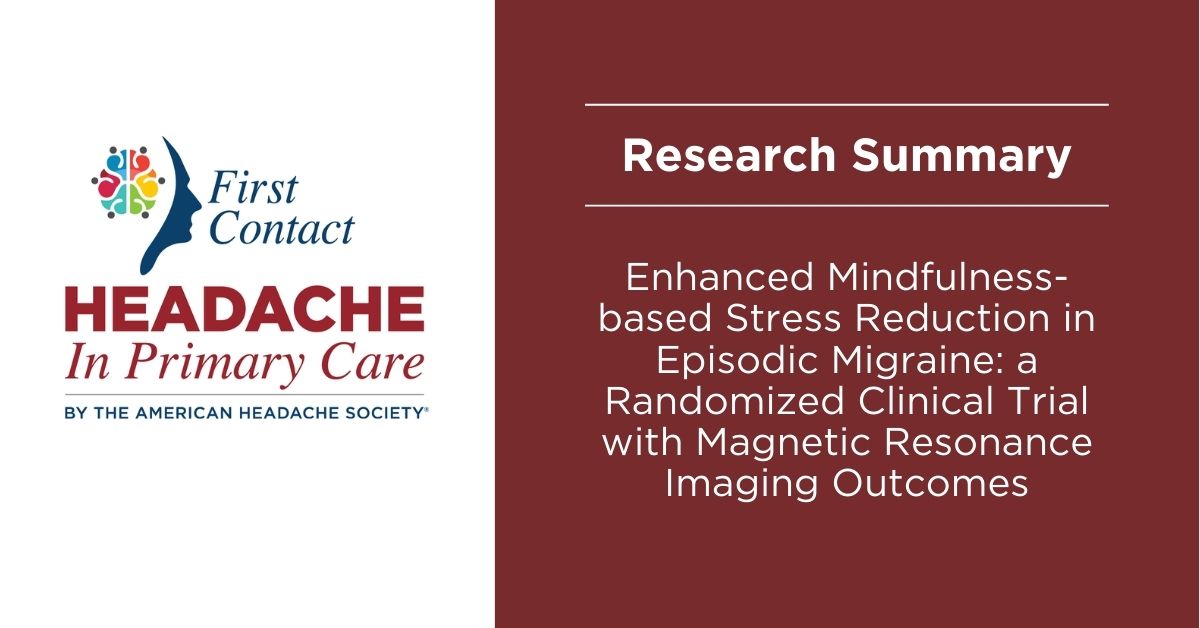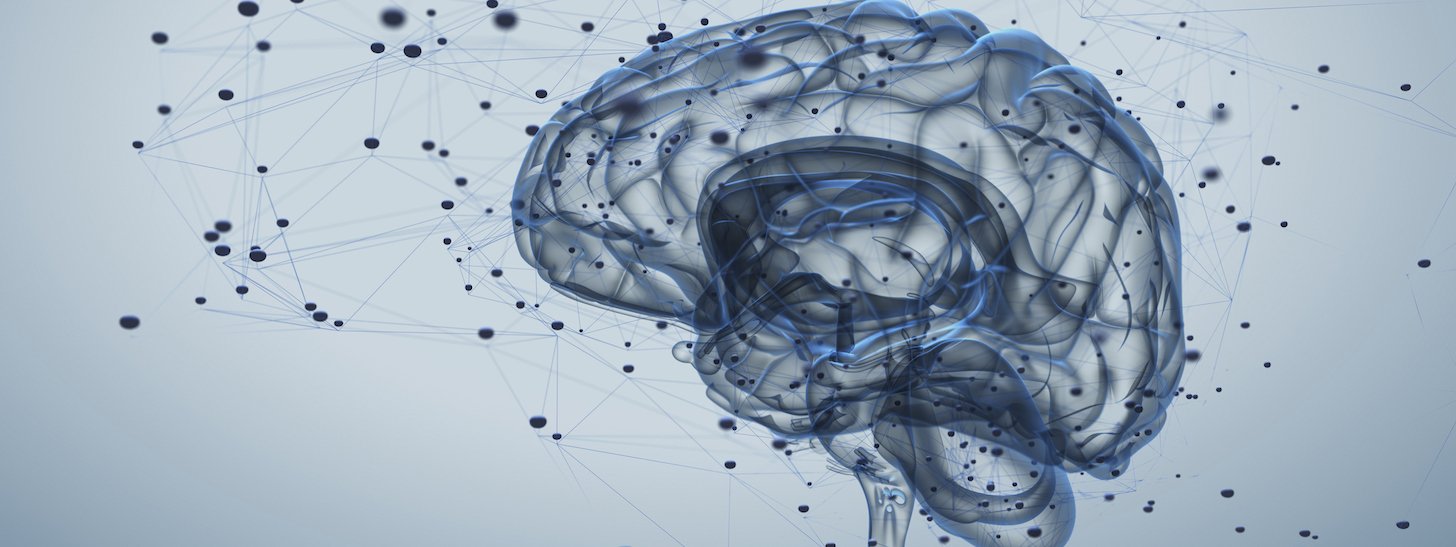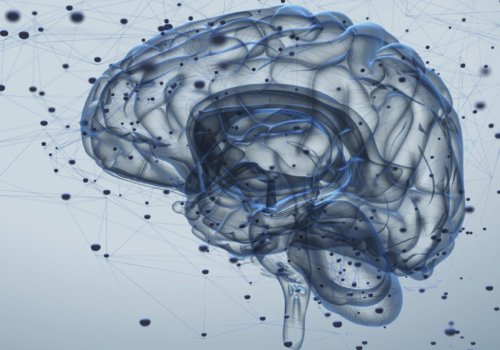
Research Summary: Stress Reduction for Migraine Management
The journal PAIN® published “Enhanced mindfulness-based stress reduction in episodic migraine: a randomized clinical trial with magnetic resonance imaging outcomes.” Guidelines for migraine management include non-pharmacological preventive treatments like mindfulness-based stress reduction (MBSR+) and stress management for headache (SMH). This study evaluated the efficacy of enhanced MBSR+ compared to SMH on clinical and imaging outcomes in episodic migraine.
The primary clinical outcome was a reduction in headache frequency from baseline to 20 weeks. MRI showed alteration in structure and function of brain areas and networks involved in cognitive efficiency.
Background
- Migraine is a severe neurological disorder caused by acute alterations in the trigeminovascular system with changes in brain perfusion. This includes widespread increases and decreases in brain activity. The disorder alters brain structure relative to controls with brain changes involving cognitive and emotional circuits.
- Mindfulness-based stress reduction is a technique that uses mindfulness meditation in response to distress. It includes trauma-informed methods of teaching and emphasizing loving kindness. Its purpose is to relieve suffering associated with physical, psychosomatic and psychiatric disorders. Evidence shows this technique can improve outcomes in pain and function in chronic low back pain.
- Stress management for headache involves using strategies to prevent stress. Practitioners do this by practicing self-care and coping with and managing one’s response to stressful situations. Stress management approaches include learning problem-solving skills and enhancing one’s ability to cope with adversity. Physically, they include practicing relaxation techniques, such as muscle stretching exercises.
Study Results
- 98 adults with episodic migraine were randomized to MBSR+ (n=50) or SMH (n=48).
- Primary clinical outcome: The MBSR+ group reported fewer headache days (4.6 days from a baseline of 7.8 days) compared to the SMH group (6 days from a baseline of 7.7 days).
- Secondary clinical outcomes: The MBSR+ group had 52% of patients with a 50% or greater reduction in headache days versus 23% in the SMH group, and had a greater reduction in headache-related disability as measured by the HIT-6 score.
- Primary imaging outcomes: No significant effects were observed related to gray matter volume, cognitive task activation or resting state fMRI in the region of interest analysis (left and right dorsal anterior insula, left and right dorsolateral prefrontal cortex and anterior midcingulate cortex).
- Secondary imaging outcomes: Compared to SMH, whole-brain analysis in the MBSR+ group revealed decreased activation of the parietal operculum and cuneus during cognitive challenge, as well as reduced resting connectivity of the dorsal anterior insula to the posterior parietal cortex and cuneus.
Implications for Primary Care Clinicians
- For episodic migraine, MBSR+ showed superior treatment effects compared with an active control.
- MBSR+ significantly reduced headache frequency comparable to commonly used first-line episodic migraine preventive treatments and were tolerable.
- CNS imaging studies show findings consistent with improved cognitive efficiency from the use of MSBR+
- In episodic migraine, MBSR+ may be an effective preventive treatment option.
This summary is part of the First Contact — Headache in Primary Care initiative, an American Headache Society program that provides educational resources to empower healthcare professionals and improve headache and migraine care. We encourage providers in all stages of their careers to visit our homepage to access educational tools to improve patient care.


